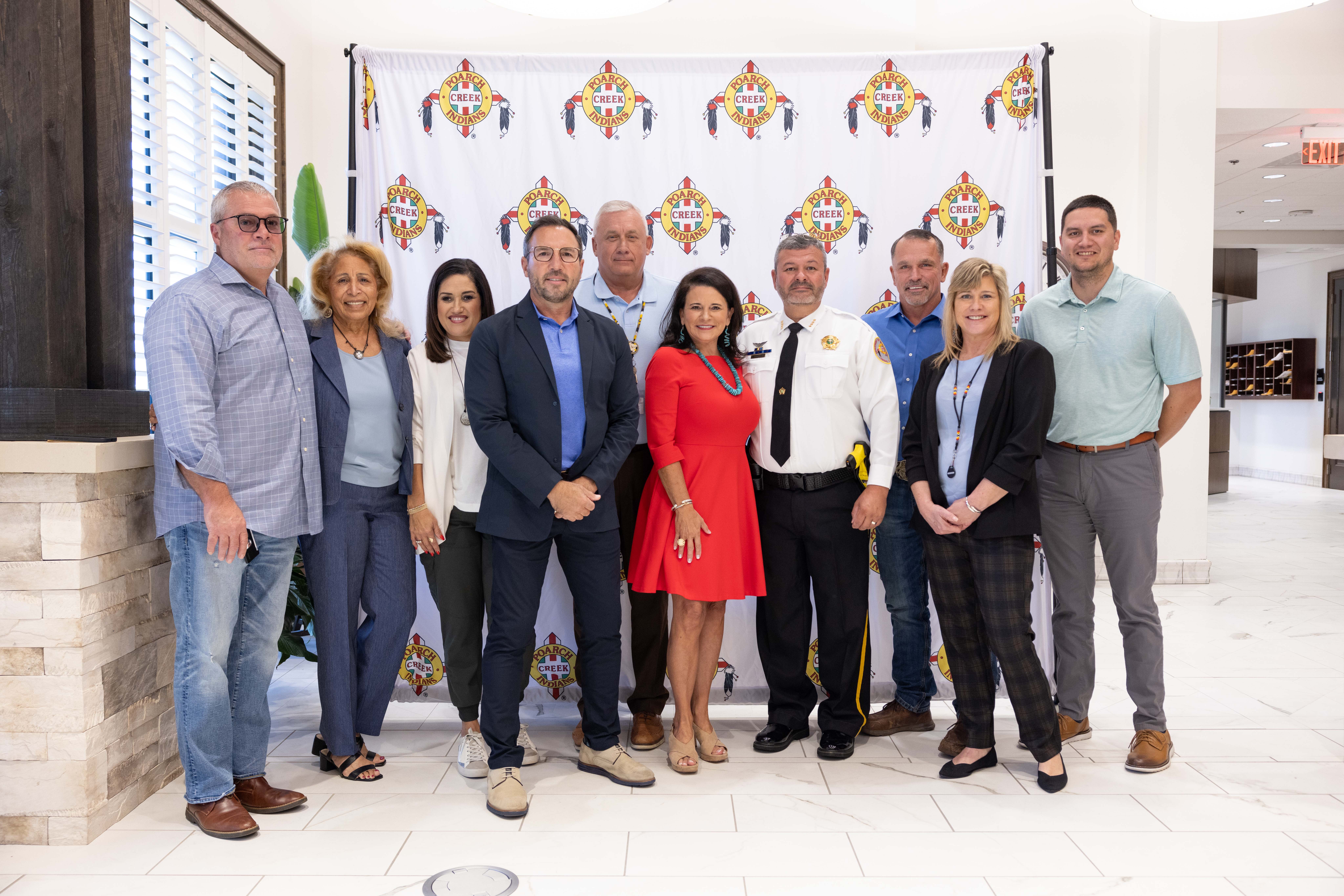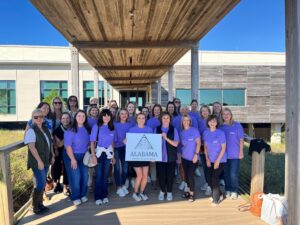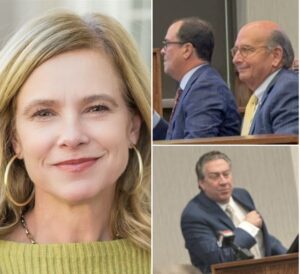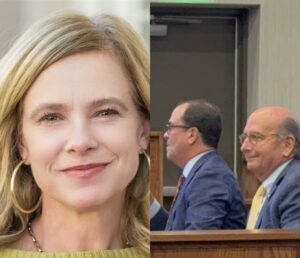On Tuesday, the Joint Legislative Committee on American Rescue Plan Act State Funds met in Montgomery for oversight hearings on the progress of spending the first billion dollars of federal funds for COVID relief. Much of that money is being spent on water and sewer projects.
Lance LeFleur is the Director of the Alabama Department of Environmental Management (ADEM). ADEM has been tasked with awarding those funds to water and sewer utilities.
LeFleur said water projects have been approved for 63 of the 67 counties, and those other four counties have projects that will be in the next round of projects.
LeFleur said that ADEM has $1.6 billion in funding available through 2026 and $3 billion in requests.
“We have approximately $1.4 billion in projects that do not have a source of funding at this time,” LeFleur told Legislators. “We do have a website: Alabamawaterprojects.com.”
“We have 600 systems in the state,” LeFleur explained. “Some systems have submitted multiple projects. Many of these are combination water and sewer systems.”
LeFleur said that ADEM is considering every single project. All of the funding came through principal forgiveness or it came through a grant.
“Under ARPA, the most dire needs were provided by grants,” LeFleur explained.
State Sen. Greg Albritton chairs the oversight committee.
“This is a lot of construction. Is there a contractor available to do all of this?” Albritton asked.
“The simple answer is no,” LeFleur answered. “There are supply chain problems. We were faster at getting these awards out than any other state.”
“In this process, it is important that we have proper oversight,” LeFleur explained. “We require a professional engineer to do the plant analysis, and then we check on the professional engineer to make sure that he did things right. Our engineers are very experienced. We make sure that the engineering on the front end is done properly. On the financial system, we require that each of these systems have an audit. We have to know the true financial picture of each of these systems. We have made the commitments at a very rapid pace compared to the rest of the nation. It is in the hands of the individual systems to get the final engineering done.”
Lafleur continued, “We are not going to put any system in financial distress, but if they have the resources to contribute, it is important that they do that so we can get the most out of this money.”
LeFleur said that for the poorest systems whose rates were already as high as their neighbors, the state would pick up 100% of the cost. If the system can afford matching dollars, ADEM requires them to provide those funds. Part of this financial evaluation of the systems is to examine the water and sewer rates charged by the systems.
“They have to have rates that are consistent with the systems around them,” LeFleur said. “We have some systems that have not raised rates in a generation.”
“Payment will only be made until after we have certified and made sure that the payments have been made,” LeFleur explained. “The funds will cover the costs of the engineers and the audits. We know that some systems have not had the funds to do audits in several years.”
State Sen. Chris Elliott expressed his displeasure with how these awards are being prioritized.
“My concern is and has been and continues to be that in the fastest growing county in the state that sees 8000 new people a year that represents 48% of the population growth in the entire state, that (State Senate) district received no funding, received zero projects – that is not acceptable,” Elliott said.
LeFleur responded, “We do have one project in your county. Is that your district?”
“That is not in my district. That is in the chairman’s district,” Elliott said.
“And your problem with that is?” Chairman Albritton said.
“Past growth is available for funding future growth is not available for funds,” LeFleur said. “Their systems (in Baldwin County) have the ability to fund growth.”
“We have sewage overflows into Mobile Bay on a regular basis. We have sewage overflows in rivers and streams on a regular basis,” Elliott said. “Not allocating any resources into my district is very shortsighted.”
Elliott threatened to filibuster future Senate meetings if his concerns are not addressed.
Kirk Fulford is the head of the fiscal division of Alabama’s Legislative Services Agency (LSA).
“Alabama was appropriated $2.12 billion,” Fulford said.
Just over half of that money has been appropriated, Fulford explained. The Legislature will appropriate the second tranche of that money after it returns on March 7 for the 2023 Regular Legislative Session.
Fulford said the Legislature had appropriated $222 million for water and sewer projects.
The state has spent $400 million on two mega prisons under construction in Elmore and Escambia Counties. $80 million was spent on relief of Alabama hospitals, and another $80 million went to the state’s nursing homes. $51 million has been appropriated for broadband infrastructure projects. The state also qualified for additional dollars under ARPA and the CARES Act.
“You used $277 million for broadband infrastructure thus far,” Fulford told legislators.
The Alabama Department of Economic and Community Affairs (ADECA) is tasked with awarding those funds.
Most of the ARPA funds have to be spent by December 31, 2026, or must be returned to the federal treasury.
To connect with the author of this story or to comment, email brandonmreporter@gmail.com.
Related
Share via:



![[Photo Credit: Office of Gov. Kay Ivey]](https://altoday.com/wp-content/uploads/2017/07/Kay-Ivey4.jpg)










